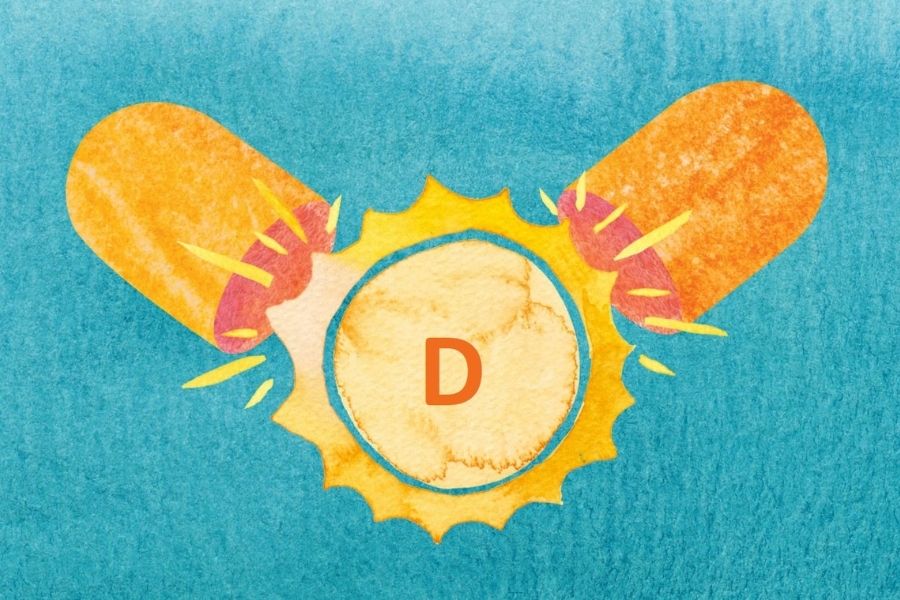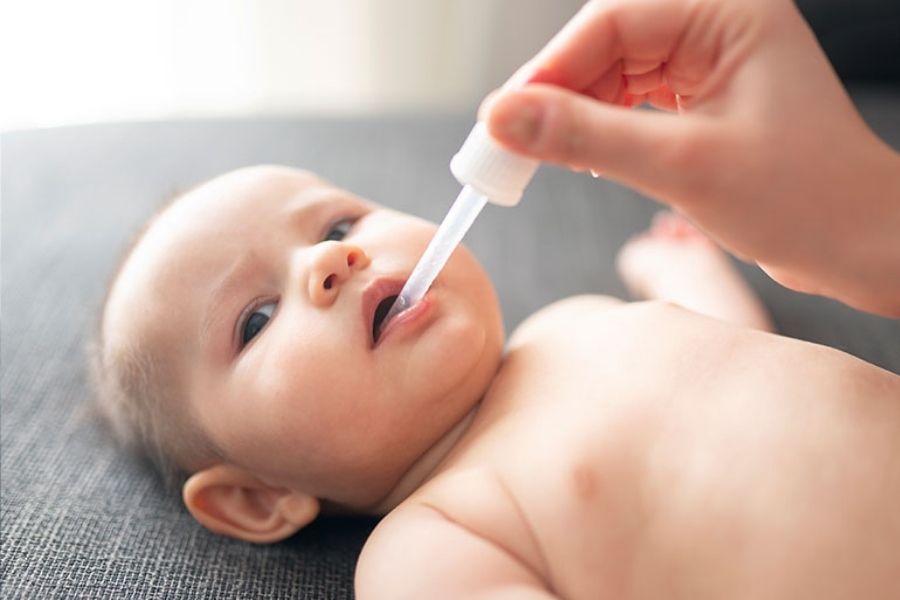Dietitians and clinical nutritionists who work with breastfeeding moms get many queries about the ampleness of vitamin D in breast milk.
Why Vitamin D?

As dietitians, we are familiar with the functions of vitamin D and how its deficiency can link to multiple health issues which are found in adults, children, infants, and especially female adults. Nutrient deficiencies increase the risk of rickets, osteoporosis and other bone disorders.
Vitamin D is a fat-soluble vitamin contributing to the strong bones and controlling calcium levels in the blood. It is stored in the adipose tissue when dietary intake and dermal synthesis exceed daily requirements.
Passage of Vitamin D through Breast Milk

There is a common myth that that the vitamin D doesn’t pass through breast milk, but the reality is that the amount of vitamin D and the other nutrients pass through breast milk depending on the number of mother’s stores and intake. Maximum mothers are deficient in vitamin D, and so is their breast milk.
Risk Factors

Health professionals should be able to educate their clients about the factors responsible for causing the deficiency, which include the following:
- Poor diet intake
- Obesity
- Inadequate nutrient absorption due to any medical condition
- Darker skin color
- Inadequate exposure to sunlight
Sources of Vitamin D
Sunlight

A form of vitamin D that the body synthesizes is found on our skin. This form is inactive until it comes into contact with UV rays. Most research explains that just 10 to 15 minutes of direct sunlight exposure from 11 am to 2 pm (prime hours) is enough to provide adequate amounts.
Food

There are fewer sources in diet that provide vitamin D, like eggs, mushroom, fortified dairy, fatty fish, e.g., trout, salmon, etc.
Supplements

A lot of supplements are widely available in tablet, powder, and liquid. The active ingredients are cholecalciferol and calcitriol.
Vitamin D Supplementation

Supplementation of a breastfeeding mother with around 6400 IU per day is enough to supplement the baby if the mother’s vitamin D level is quite efficient.
Fundamentals
Vitamin D can be found in breast milk and is dose-dependent. If the mother has a deficiency, it is most likely that the amount passed to a baby through milk is quite insufficient. Mothers have the choice of supplementing themselves under the guidance of a physician.







